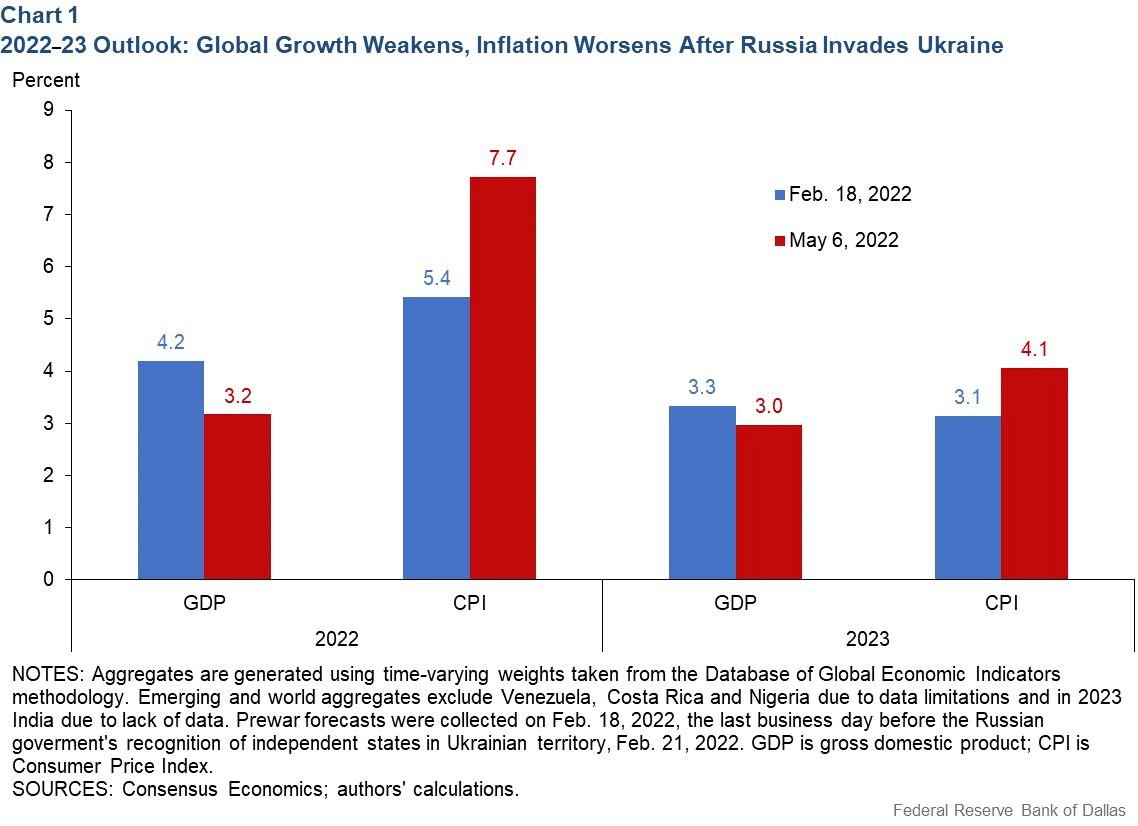
Unveiling the Ripple Effect: Economic Warfare Impact
In the complex realm of global geopolitics, economic warfare has emerged as a potent tool, with ramifications that extend far beyond borders. This article delves into the intricate dynamics of economic warfare and the profound impact it exerts on nations and their economies.
The Arsenal of Economic Warfare
Economic warfare encompasses a range of strategies deployed by nations to achieve political and economic objectives. Tools in this arsenal include sanctions, trade barriers, currency manipulation, and cyber-attacks. These measures are wielded strategically to coerce, influence, or cripple the economic foundations of targeted nations.
Sanctions: A Double-Edged Sword
Sanctions, a common instrument of economic warfare, can have profound consequences. While intended to pressure nations into compliance with international norms, sanctions often result in collateral damage, affecting the livelihoods of ordinary citizens. The humanitarian impact underscores the complexity of employing economic tools as instruments of policy.
Economic Warfare Impact: Navigating the Global Landscape
For an in-depth exploration of economic warfare impact, refer to Economic Warfare Impact. This comprehensive resource offers insights into the latest trends and strategies, providing a comprehensive view of the impact of economic warfare.
Trade Barriers and Tariffs: Disrupting Global Commerce
The imposition of trade barriers and tariffs is a strategy employed to protect domestic industries or exert economic pressure. However, this approach disrupts global commerce, affecting supply chains and escalating tensions between trading partners. The interconnected nature of the global economy means that such actions have cascading effects on multiple nations.
Currency Manipulation: Unsettling Financial Markets
The manipulation of currency values is a subtler form of economic warfare. Nations may devalue their currency to gain a competitive advantage in international trade. However, this practice can unsettle financial markets, leading to currency wars and volatility that reverberate globally, impacting businesses, investors, and consumers alike.
Cyber-Attacks: Targeting Economic Infrastructure
In the digital age, cyber-attacks have become a formidable weapon in economic warfare. Disrupting critical infrastructure, stealing sensitive economic data, or sabotaging financial systems are tactics that can have severe economic consequences. The interconnected nature of the digital world makes nations vulnerable to such attacks.
Global Economic Consequences: A Web of Interdependencies
The impact of economic warfare extends far beyond the targeted nations. The intricate web of global economic interdependencies means that disruptions in one part of the world can have cascading effects on others. Economic shocks, supply chain disruptions, and market volatility are manifestations of the interconnectedness of the global economy.
Navigating Economic Warfare Fallout
As nations engage in economic warfare, the fallout poses challenges for businesses, investors, and policymakers worldwide. Navigating this complex landscape requires a nuanced understanding of the risks and potential opportunities that arise in the aftermath of economic warfare.
Business Strategies in Turbulent Times
Businesses must adapt strategies to thrive in the midst of economic warfare fallout. This may involve diversifying supply chains, identifying new markets, and implementing risk management measures. Agility and resilience become paramount for businesses navigating the uncertainties wrought by economic warfare.
Investor Resilience: Weathering Market Turbulence
Investors are not immune to the impact of economic warfare. Market turbulence, currency fluctuations, and geopolitical uncertainties can create challenges. Building a resilient investment portfolio, staying informed about global economic trends, and adjusting strategies based on geopolitical developments are key to weathering the storm.
Policymaker Imperatives: Balancing National Interests
Policymakers face the delicate task of balancing national interests with the broader implications of economic warfare. Crafting effective policies requires a nuanced understanding of the economic, political, and social consequences. Collaborative diplomatic efforts and multilateral solutions are essential to managing the fallout.
Conclusion: Striking a Balance in a Complex World
In conclusion, the economic warfare impact is a multifaceted phenomenon that permeates the global landscape. As nations employ economic tools to achieve strategic objectives, the interconnected nature of the world ensures that the consequences are far-reaching. Navigating this complex environment demands a delicate balance between national interests, global collaboration, and the resilience of businesses and investors in the face of economic uncertainty.










